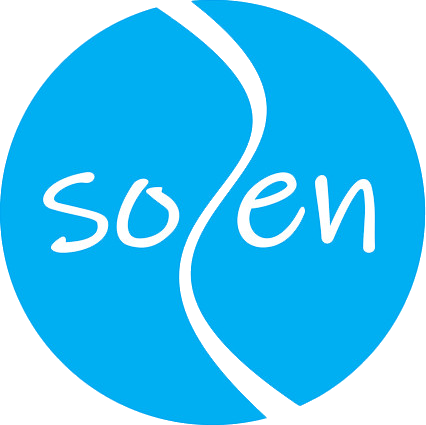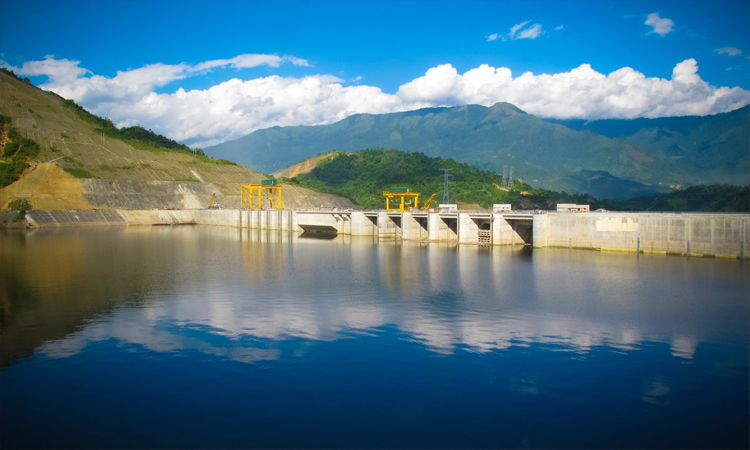“Hydropower projects have gained popularity as a sustainable and renewable energy source. They are environmentally friendly, as they produce a slower rate of greenhouse gas emissions or air pollution. Additionally, hydropower is a reliable and consistent energy source, as water flow can be controlled to meet demand.
Hydropower projects can negatively impact the environment and local communities. The construction of dams can lead to the displacement of communities and the destruction of natural habitats. It can also alter river ecosystems and affect fish migration patterns. Despite these challenges, there are lessons to be learned from hydropower projects. Proper planning, stakeholder engagement, and environmental impact assessments are crucial to minimize negative impacts. Additionally, incorporating fish passage systems and implementing environmental mitigation measures can help mitigate the effects on aquatic ecosystems.
To ensure the long-term sustainability of hydropower projects, it is essential to prioritize environmental and social considerations. This can be achieved by adopting sustainable practices, such as using fish-friendly turbines, implementing river restoration programs, and investing in renewable energy technologies. Individuals can contribute to good hydropower projects by supporting renewable energy initiatives, advocating responsible dam construction, and promoting sustainable hydropower technologies. Additionally, investing in energy-efficient appliances and reducing overall energy consumption can help reduce the demand for hydropower and other energy sources.”



 Tiếng Việt
Tiếng Việt 日本語
日本語
Absen
untuk materi dan penjelasaanya sangat jelas, semoga ada sesi webinar kembali di lain kesempatan.